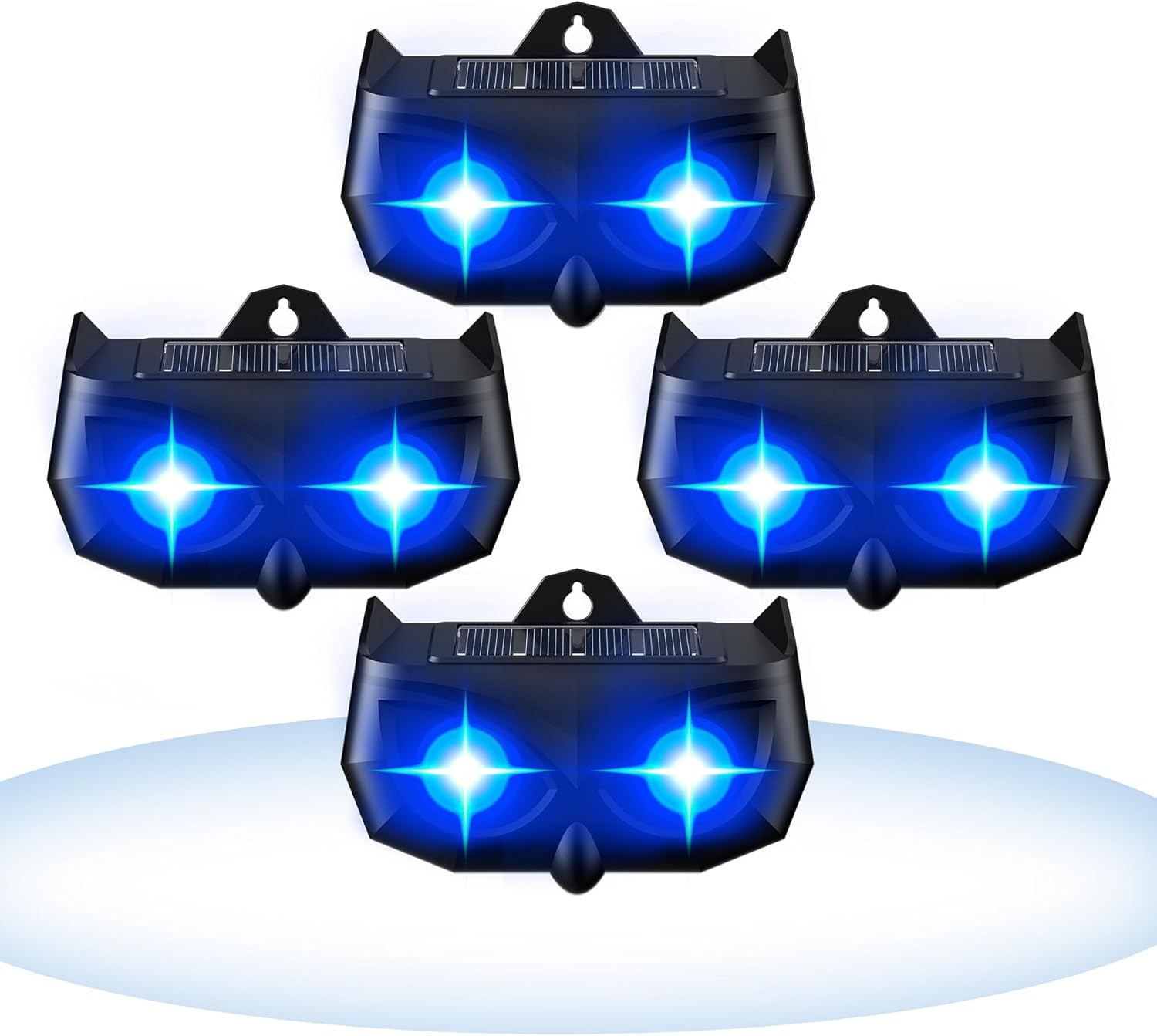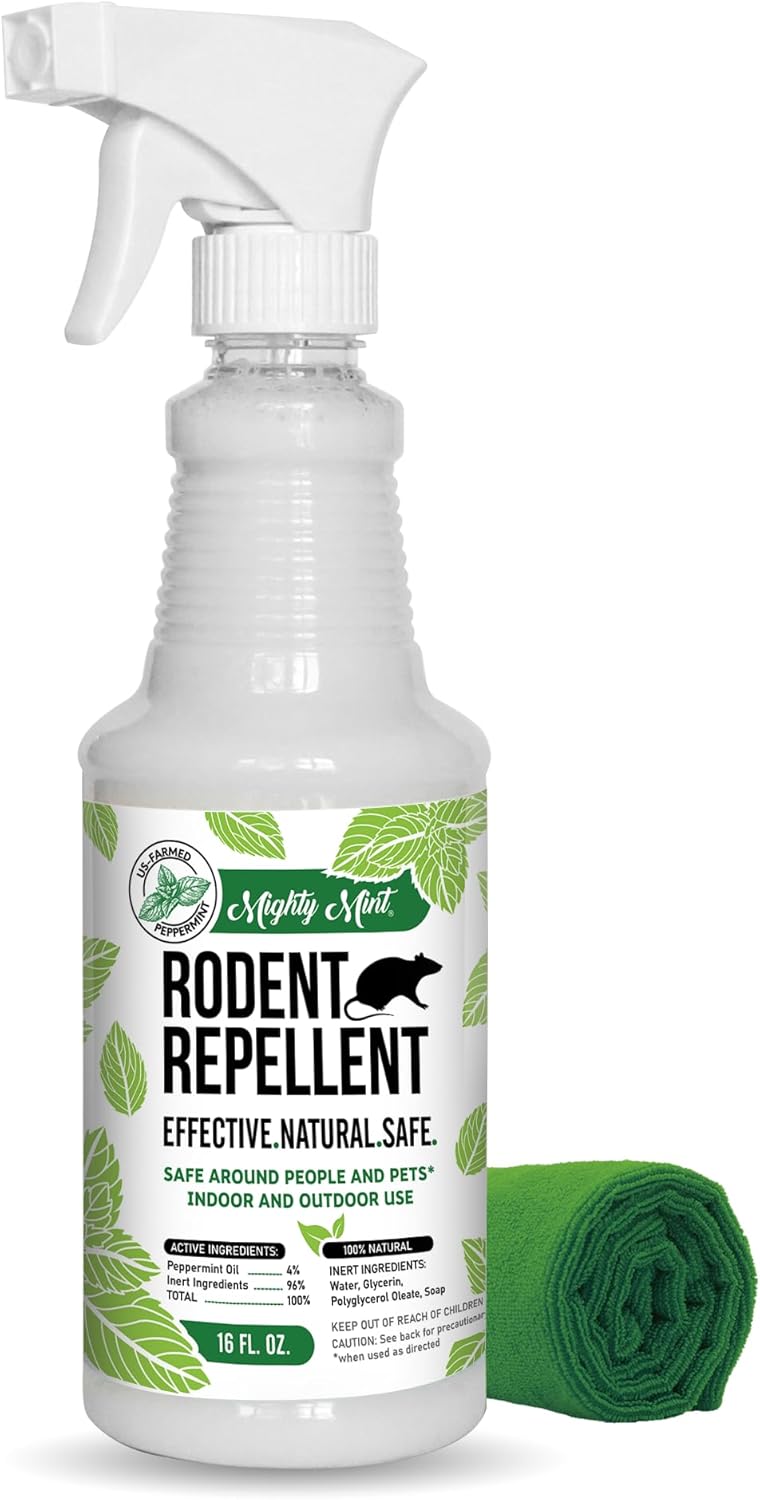Raccoon Control & Removal
Raccoons are intelligent and adaptable animals that can create significant problems when they take up residence in urban areas. These nocturnal creatures often access homes through chimneys, attics, and other openings, causing property damage and creating health risks. Professional removal is often necessary due to their size, strength, and potential for aggressive defense of their young.
Recommended Products
X-PEST Solar Animal Repeller
A solar-powered nocturnal animal deterrent that uses dual-defense blue LED flashing lights and strobe effects to create an unwelcoming environment for predators. Features automatic dusk-to-dawn operation and weather-resistant construction for continuous outdoor protection.
- Dual Light Defense
- Solar Powered
- Weather Resistant
- Simple Installation
Mighty Mint Peppermint Oil Rodent Repellent
This powerful natural rodent deterrent uses high-grade peppermint oil from the Pacific Northwest to effectively repel mice and rats. The extra-concentrated formula comes in a convenient 16oz spray bottle, offering a humane and pleasant-smelling solution to rodent problems.
- Premium Natural Formula
- Safe & Family-Friendly
- Highly Concentrated
CritterTec Solar Mole Repellent Stakes
Humane solar-powered stakes that emit sonic waves and vibrations to deter burrowing pests from your yard. Each set covers up to 5000 sq.ft with eco-friendly, continuous protection for up to 7 days on a full charge.
- Solar Powered
- Wide Coverage
- Weather Resistant
- Pet-Safe Operation
⚠️ Health & Safety Risks
- Structural damage
- Disease transmission
- Attic contamination
- Pet conflicts
- Roundworm risk
🚨 When to Call a Professional
- Animals in structure
- Mother with babies
- Aggressive behavior
- Repeated intrusions
- Property damage
🏥 Emergency Response
- Attack/bite: Seek medical care
- Trapped animal: Call wildlife control
- Chimney entry: Contact professional
- Attic presence: Schedule inspection
- Pet conflict: Consult veterinarian
🏡 DIY Removal Guides
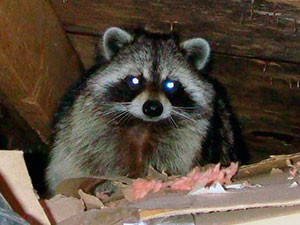
How to Get Rid of Raccoons in the Attic: 5 Steps (2026 Guide)
Raccoons love attics because they offer warm, secure places to nest and raise their young. If you notice nocturnal noises…
Read More →🛑 Prevention Tips
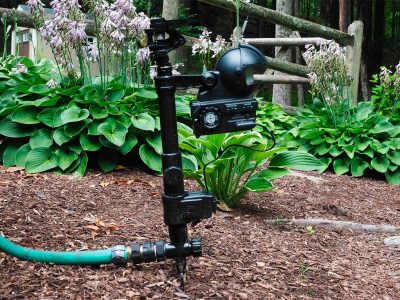
Best Raccoon Repellents of 2026: Humane Solutions for Wildlife Control
Dealing with raccoon intrusions on your property can be frustrating and potentially dangerous. These intelligent and adaptable creatures can cause…
Read More →🔬 Professional Solutions & Products
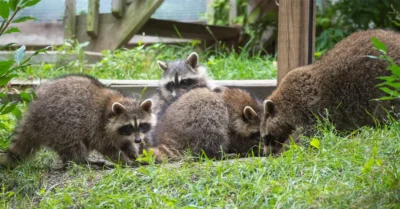
Best Raccoon Poison: Ultimate Guide to Effective Raccoon Control
Dealing with raccoon infestations can be challenging for homeowners. When these intelligent creatures invade your property, they can cause significant…
Read More →🛡️ Health & Safety Information
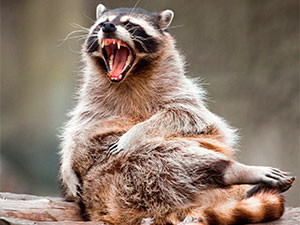
Raccoon Rabies: Essential Information to Protect Your Family
Rabies remains a serious public health concern with deadly consequences. Raccoons are one of the primary carriers of this virus…
Read More →🦝 Related Pests
Often found with:
🔍 Signs of Activity
- Night noises
- Damaged vents/soffits
- Tipped garbage cans
- Latrine areas
- Tracks in mud/snow
🏠 Common Entry Points
- Chimneys
- Attic vents
- Roof intersections
- Soffits
- Deck/porch spaces
Frequently Asked Questions
How do I know if I have raccoons in my attic?
Listen for heavy walking sounds at night, look for damaged entry points, and check for dark-colored droppings. Adult raccoons are noisy and their walking sounds similar to a small dog.
Why are raccoons dangerous?
Raccoons can carry rabies, roundworm, and other diseases. They're strong, can be aggressive when cornered or protecting young, and cause significant property damage.
How do I prevent raccoon entry?
Install chimney caps, repair damaged vents/soffits, secure garbage cans, remove pet food, and trim tree branches away from buildings.
What attracts raccoons to my property?
Easy food sources like pet food, garbage, bird seed, fish ponds, and fruit trees attract raccoons. They also seek secure denning sites in structures.
Can I remove raccoons myself?
DIY removal is not recommended due to disease risks, potential aggression, and the likelihood of orphaned young. Professional removal ensures safe, legal, and humane handling.
How do I raccoon-proof my house?
Inspect and repair all potential entry points, use heavy-duty materials like steel mesh, cap chimneys, secure vents, and maintain regular property inspections.
What if I find baby raccoons?
Leave them in place and contact a wildlife professional. Mother raccoons are extremely protective and will return for their young if undisturbed.
Do raccoon repellents work?
Most repellents provide only temporary results. Physical exclusion, removing attractions, and professional removal are more effective long-term solutions.
Will raccoons attack pets?
Raccoons may attack pets if cornered or protecting young. Keep pets indoors at night and supervise them in areas with known raccoon activity.
How long does removal take?
Professional removal typically takes 1-3 days, but complete exclusion and cleanup may require several weeks, especially if structural repairs are needed.
